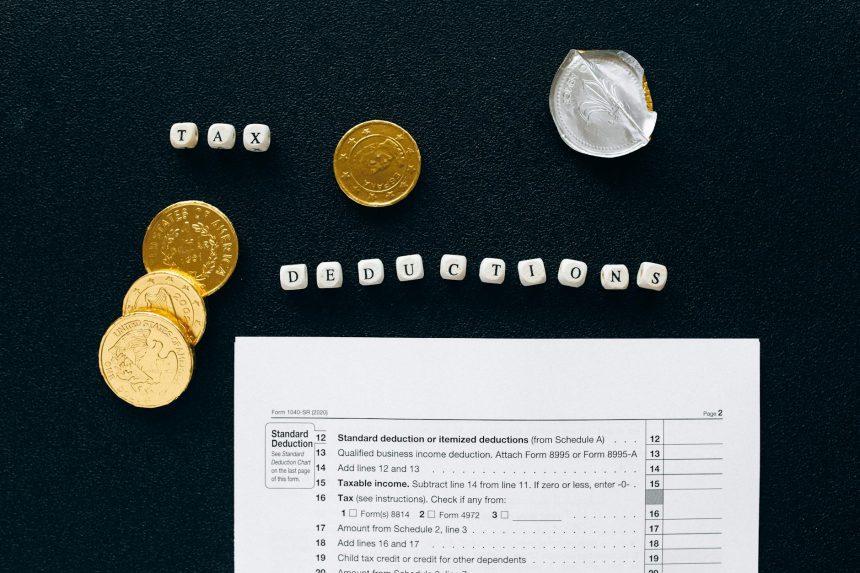Government Services: What’s Open & What’s Not
Understanding the operational status of government services can be a significant concern for many. Whether you’re awaiting VA benefits, need to renew your passport, or have other essential dealings, knowing which agencies are functioning and which might be impacted by closures or slowdowns is crucial. This guide aims to clarify the landscape of government services, highlighting what you can expect to be accessible.
Navigating Government Service Availability
When discussions arise about potential government shutdowns or operational changes, it’s natural to wonder about the impact on day-to-day services. While some federal operations might scale back, many critical functions are designed to continue, ensuring that essential needs are met.
Essential Services That Typically Remain Operational
Certain government functions are deemed so vital that they are prioritized to continue even during periods of reduced federal activity. These often include services directly impacting public safety, national security, and the well-being of citizens.
- Veterans Affairs (VA) Benefits: The Department of Veterans Affairs is committed to ensuring veterans continue to receive their earned benefits and healthcare services without interruption. This includes disability compensation, pension payments, and access to medical facilities.
- Passport Processing: While there might be occasional delays, the processing of new passport applications and renewals generally continues. The State Department prioritizes these services to facilitate international travel.
- Social Security Administration (SSA): Retirement, disability, and survivor benefits are typically disbursed without interruption. While some in-person services might be affected, online portals and phone services usually remain available.
- Air Traffic Control and Airport Security: These critical safety functions are maintained to ensure the smooth and secure operation of air travel.
- Mail Delivery: The United States Postal Service (USPS) is an independent agency and continues its delivery services.
Services That May Experience Disruptions
Conversely, some government services are more directly tied to congressional appropriations and agency budgets. If funding lapses, these areas might see disruptions or temporary closures.
- National Parks: Entrance to national parks and visitor centers may be suspended.
- Museums and Cultural Institutions: Smithsonian museums and similar federal institutions often close.
- Non-Essential Administrative Functions: Many administrative tasks and non-critical agency operations might be paused.
- New Applications for Certain Programs: Applications for some non-essential government programs might be put on hold.
How to Stay Informed
Staying ahead of potential changes is key. Here’s how you can keep yourself informed:
- Official Agency Websites: Always refer to the official website of the specific government agency you need to interact with for the most up-to-date information.
- Press Releases and Official Statements: Follow news from official government sources.
- Dedicated Hotlines or Information Lines: Many agencies provide dedicated phone lines for public inquiries during uncertain times.
Navigating the complexities of government service availability requires staying informed and proactive. By understanding which services are typically prioritized and knowing where to find accurate information, you can better manage your expectations and ensure your needs are met.
Featured image provided by Pexels — photo by Nataliya Vaitkevich




